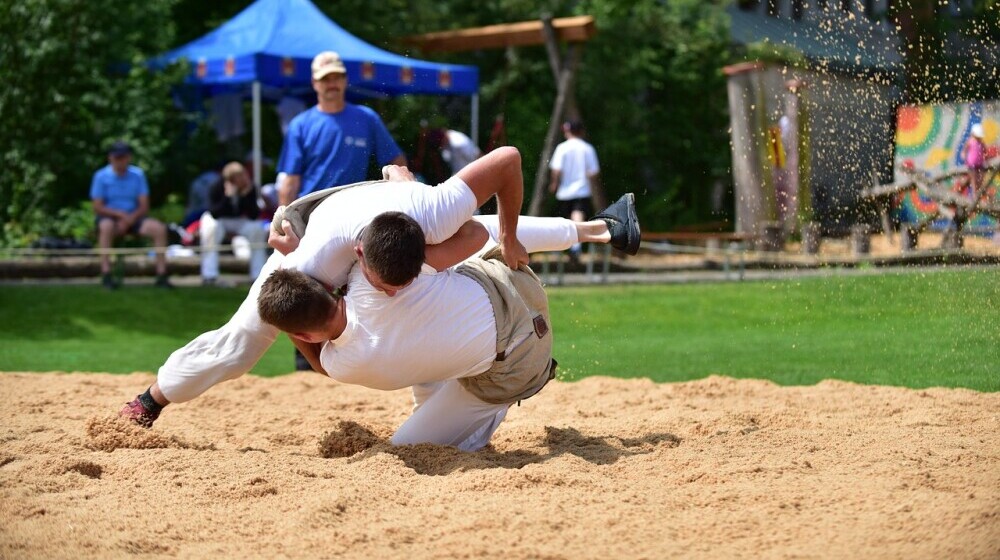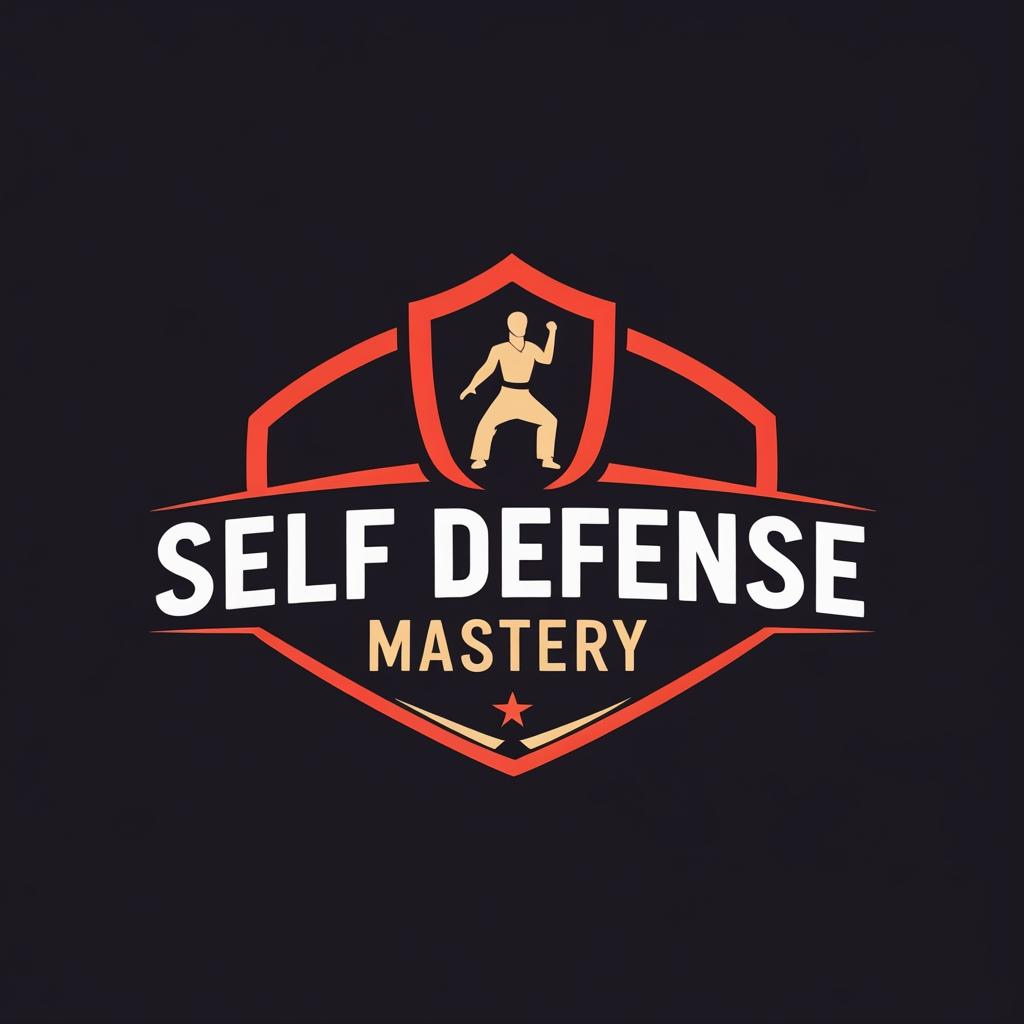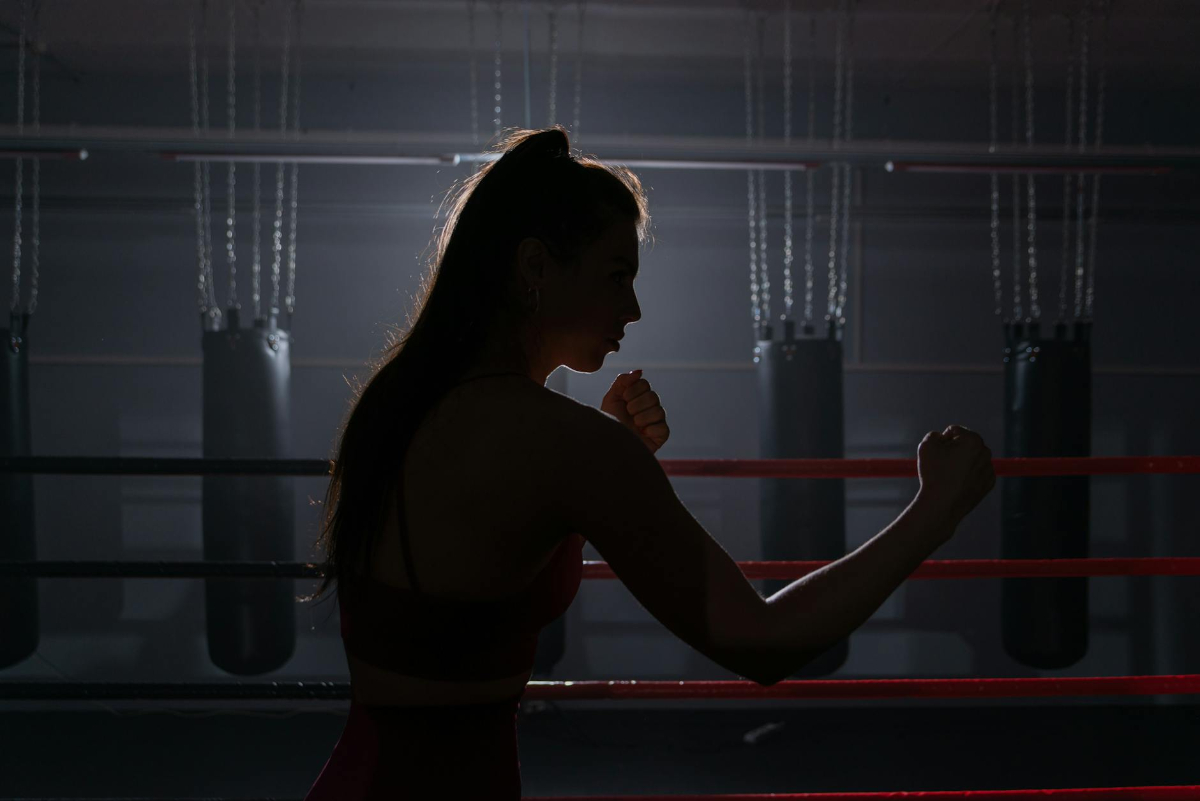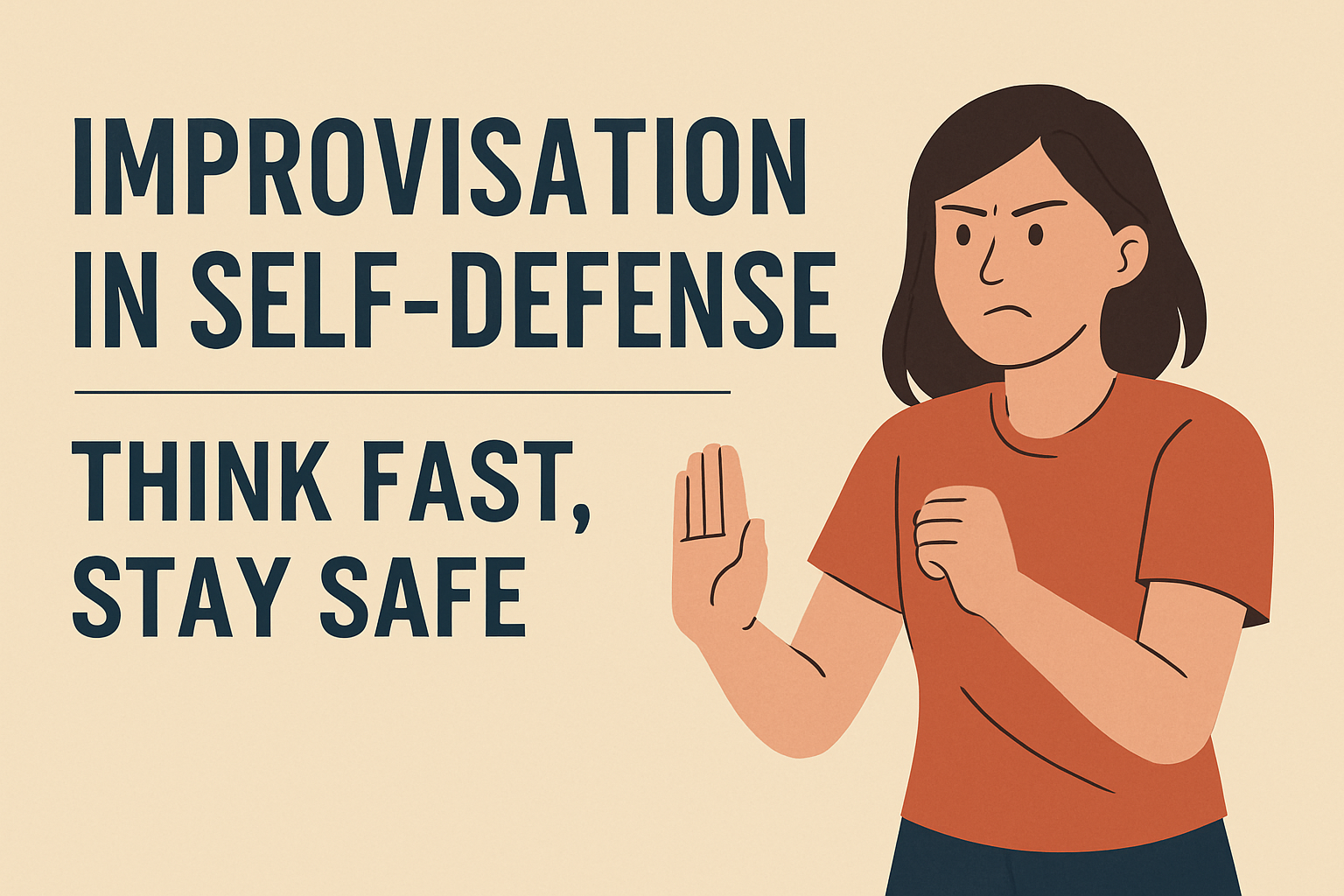In a world where unpredictability is a daily reality, self-protection has become more than just a precaution; it’s a form of empowerment. Among the many avenues available for cultivating personal safety, martial arts stand out not just as physical disciplines but as holistic systems that build confidence, mental clarity, and resilience.
The surge of interest in martial arts, from Brazilian Jiu-Jitsu to Krav Maga, Muay Thai to traditional Karate, isn’t merely a trend fueled by flashy fight scenes or UFC showdowns. It’s rooted in a more profound societal yearning: the need to feel secure, capable, and in control of one’s well-being.

Martial arts training offers more than the ability to strike, block, or grapple. It teaches situational awareness, discipline under pressure, and emotional regulation, skills critical in real-world self-defense scenarios. Unlike gym workouts that focus solely on physical transformation, martial arts training not only reshapes the body but also the mind and spirit. It teaches respect, patience, and humility, often drawing from centuries-old philosophies that emphasize peace and restraint over aggression.
However, it’s essential to navigate this world wisely. Not every dojo or class focuses on real-life applicability. A flashy belt system or choreographed forms may not prepare someone for the adrenaline-fueled chaos of a street confrontation. That’s why informed choices matter. Self-protection isn’t about winning fights; it’s about avoiding them, de-escalating threats, and only engaging when necessary.
As crime rates fluctuate and public safety concerns rise in various communities, martial arts can serve as a powerful bridge between fear and confidence. But perhaps more importantly, they offer a journey, a path of self-discovery, where the greatest opponent isn’t an attacker on the street, but the inner voice of doubt and fear.
Learning martial arts for self-defense does more than help us stay safe. It gives us confidence and control in a world that can feel unpredictable. By practicing these skills, we gain peace of mind and a sense of strength that carries over into our daily lives.
Frequently Asked Questions About Martial Arts
Yes. Many schools offer age-specific programs tailored to different fitness levels.
No. Martial arts will build your strength, flexibility, and stamina over time.
Absolutely, especially styles like Krav Maga, BJJ, or Boxing, which emphasize practical defense.
Most people gain basic defensive skills within a few months of consistent training.






